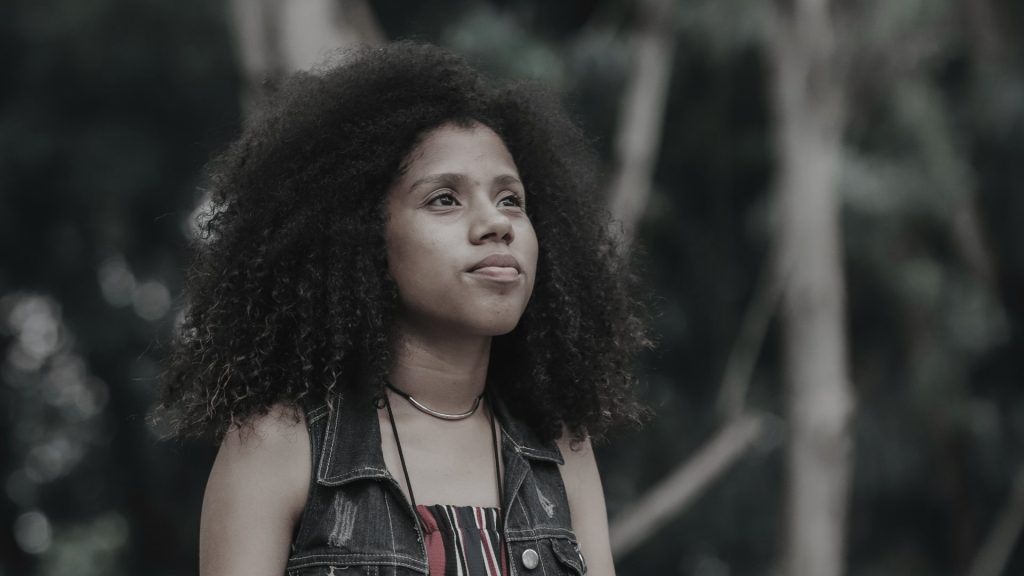Personal development is an ongoing journey that requires a combination of skills and practices to achieve our goals and become our best selves. While there are many different approaches to personal development, one of the most effective is cultivating a mindset of adaptability.
By learning to be flexible and adaptable in the face of change and uncertainty, individuals can reduce stress, improve their mood, and make progress towards their goals with greater ease.
In The Art of War, Sun Tzu wrote that in order to succeed in any conflict, one must be adaptable and able to respond to changing circumstances.
This principle can be applied to personal development by cultivating a mindset of flexibility and adaptability. By being open to new ideas and approaches, and by being willing to adjust one’s plans as circumstances change, individuals can overcome obstacles and achieve their goals with greater ease.
In addition to improving one’s ability to achieve personal goals, the practice of adaptability has been linked to reduced stress and improved mood. When individuals are able to approach challenges with a flexible mindset, they are less likely to become overwhelmed or discouraged by setbacks. Instead, they are able to approach challenges as opportunities for growth and learning.
To cultivate a mindset of adaptability, it can be helpful to practice mindfulness and self-awareness. By paying attention to our thoughts and reactions in challenging situations, we can become more aware of our tendencies to become rigid or inflexible. From there, we can work to intentionally shift our mindset and approach in a more flexible and open way.
It’s important to note that cultivating adaptability does not mean sacrificing our values or compromising our principles. Rather, it means being open to new perspectives and approaches that can help us to achieve our goals in a more effective and efficient way.
Adaptability is a crucial skill for personal development and success in all areas of life. By cultivating a mindset of flexibility and openness, individuals can reduce stress, improve their mood, and achieve their goals with greater ease.
Try this short exercise to increase your sense of adaptability:
- Begin by reflecting on a recent situation where things did not go according to plan. This could be a project at work or a personal goal that was not achieved as expected.
- Ask yourself: What were the obstacles or challenges that stood in the way of success? Were these obstacles foreseeable or unexpected? How did I react to these obstacles?
- Take a moment to consider how you might have responded differently if you had been more adaptable or flexible in your approach. What alternative strategies or actions could you have taken?
- Identify areas in your life where you tend to be inflexible or resistant to change. This could be a certain mindset or approach that you have, or a particular situation that you struggle to adapt to.
- Consider what steps you could take to become more adaptable in these areas. For example, you could seek out new perspectives or ideas, practice mindfulness or meditation to increase your ability to be present and responsive to change, or intentionally seek out situations where you need to be flexible and adaptable.
- Finally, set a goal for yourself to practice adaptability in a specific area of your life. This could involve intentionally seeking out situations where you need to be flexible or adaptable, or consciously challenging yourself to approach a particular situation in a new and different way.
By practicing adaptability in this way, you can develop a mindset of flexibility and resilience that will help you to overcome obstacles and achieve your goals with greater ease.












